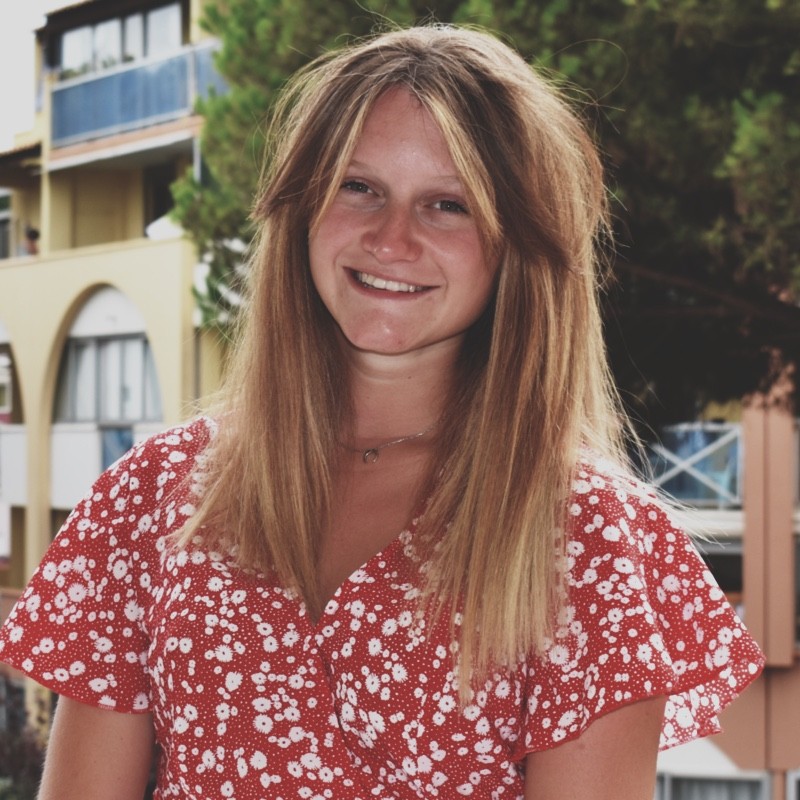Dormant accounts: Definition and issues for the estate
Every year, large sums of money end up at Caisse des Dépôts. These are unclaimed sums from dormant accounts. Whether the beneficiaries of these forgotten accounts are alive or deceased, it is essential to identify these accounts so that everyone can recover what is rightfully theirs. In particular, at the time of succession, unclaimed accounts can be problematic. This is why it is very important to act now in order not to let any dormant accounts and contracts remain.
What is a dormant account?
An unclaimed account, also called an unsettled contract, is a contract for which the benefit, whatever its form (death benefit, life insurance, pension, funeral allowance, etc.), has not been claimed or paid to the beneficiaries. An account is declared escheated if, more than one year after the death or the end of the contract, the sums have still not been paid out.
There are several reasons for the presence of escheated policies. The organization concerned may not have been aware of the death or may not have been able to contact the beneficiaries who should have received the benefits of the contract.
In the case of a bank account, it is considered inactive if:
- No transactions other than those initiated by the bank were recorded;
- The account holder did not contact his bank, nor did he make any transactions on another account of the same bank1.
Unclaimed funds: a significant amount of money
Since 2016, Caisse des Dépôts has recovered a total of €7.8 billion from dormant accounts2. These amounts are broken down as follows:
- 75% concern dormant bank accounts;
- 25% of life insurance contracts.
The issue of dormant accounts and contracts is therefore a major one and it is necessary, if necessary, to take action to recover what you owe.

The essential contribution of the Eckert Law
In an attempt to address this problem of escheated accounts, the law of June 13, 2014, or the Eckert Law, specifies the terms and conditions for inactive bank accounts and escheated insurance policies3.
-----------------------------
1 Service-public.fr, Inactive bank or savings account: what you need to know, 2023
2 Cercle de l'épargne, 6.7 billion euros in inactive accounts, 2023
3 Legifrance, LAW No. 2014-617 of June 13, 2014, page updated July 3, 2021
Many types of accounts and contracts are affected by this law:
- Bank and savings accounts;
- Individual or group insurance contracts with a death benefit;
- Termination Benefits;
- Individual supplementary pension contracts;
- Funeral benefits.
Banks or insurers must respect the following obligations4:
- Check annually that holders are still alive by consulting the National Register of Identification of Natural Persons (RNIPP)5;
- In the event of death, seek out the beneficiaries by any means available to them;
- Informing holders of account inactivity;
- Revaluing insurance contracts between the date of death of the insured and the payment of the beneficiary;
- Limit inactive account maintenance fees for bank accounts;
- Transfer the management of inactive accounts to Caisse des Dépôts after 10 years for insurance and bank accounts and after 20 years for PELs (home savings plans).
How do you find out how much money you are owed?
The first step in accessing the inactive accounts concerned is to contact the organization that manages them directly. This can be a bank, an insurance company or an employee savings institution. However, after a certain period of time, the sums are transferred to the Caisse des Dépôts.
Depending on the type of contract, the duration differs:
- A bank account or a savings product, if the holder or subscriber is alive: The money is transferred after 10 years for a classic account and 20 years for a PEL.
- A bank account or savings product, if the owner or subscriber is deceased : The amounts are transferred after three years.
- For life insurance: The balance of the life insurance is transferred after 10 years.
Note that after 30 years of inactivity, the credit is returned to the state permanently. For this reason, do not wait to act.
The use of CICLADE
If these deadlines are missed, fortunately you can use CICLADE. This is a public interest service created by the Court of Auditors following the Eckart Act of 2014. This service was specifically designed to "search free of charge for sums from bank accounts, employee savings accounts and inactive life insurance policies transferred to Caisse des Dépôts6."
You can thus go directly to the CICLADE website. Since 2021, it is even possible to search by bank account references. This concerns current accounts as well as Livret A or LDD (Livret de développement durable et solidaire). Capitalization bonds can also be searched via this online service.
To use Ciclade, it is interesting to know that :
- Any person, of French nationality or not, has the capacity to use the service;
- This person can be the owner, the subscriber, the participant, the beneficiary or the beneficiary's beneficiary;
- However, the search is limited to accounts and life insurance policies opened in Metropolitan France and in the French Overseas Departments and Collectivities.
Using Ciclade is very simple and the service even explains its operation in detail on a dedicated page of the site.
-----------------------------
4 Economie.gouv.fr, With CICLADE, how to get back the funds of an inactive account, 2022
5 CNIL, RNIPP: Répertoire national d'identification des personnes physiques, 2009
6 Ciclade, What is Ciclade, Accessed February 2023
Avoiding escheat accounts by providing for succession
To avoid disappointment, the ideal is of course to prepare as well as possible the transmission of your financial, real estate and digital assets. Specialized platforms such as SOLAL TECH offer you the possibility of inventorying, securing, centralizing and transmitting access to your bank accounts, neo-banking accounts or even your cryptocurrency wallets.
By providing easy access to these accounts, your beneficiaries will have no trouble identifying the goods and assets to which they are entitled. SOLAL TECH even allows you to go further and provide your email addresses, social network accounts and access to your electronic devices.
All these steps are essential to simplify the transmission for your loved ones. At each step, you can be accompanied by a partner notary. The notary guarantees the production of authenticated documents and facilitates the transfer of your property and digital assets when the time comes.




.jpeg)

